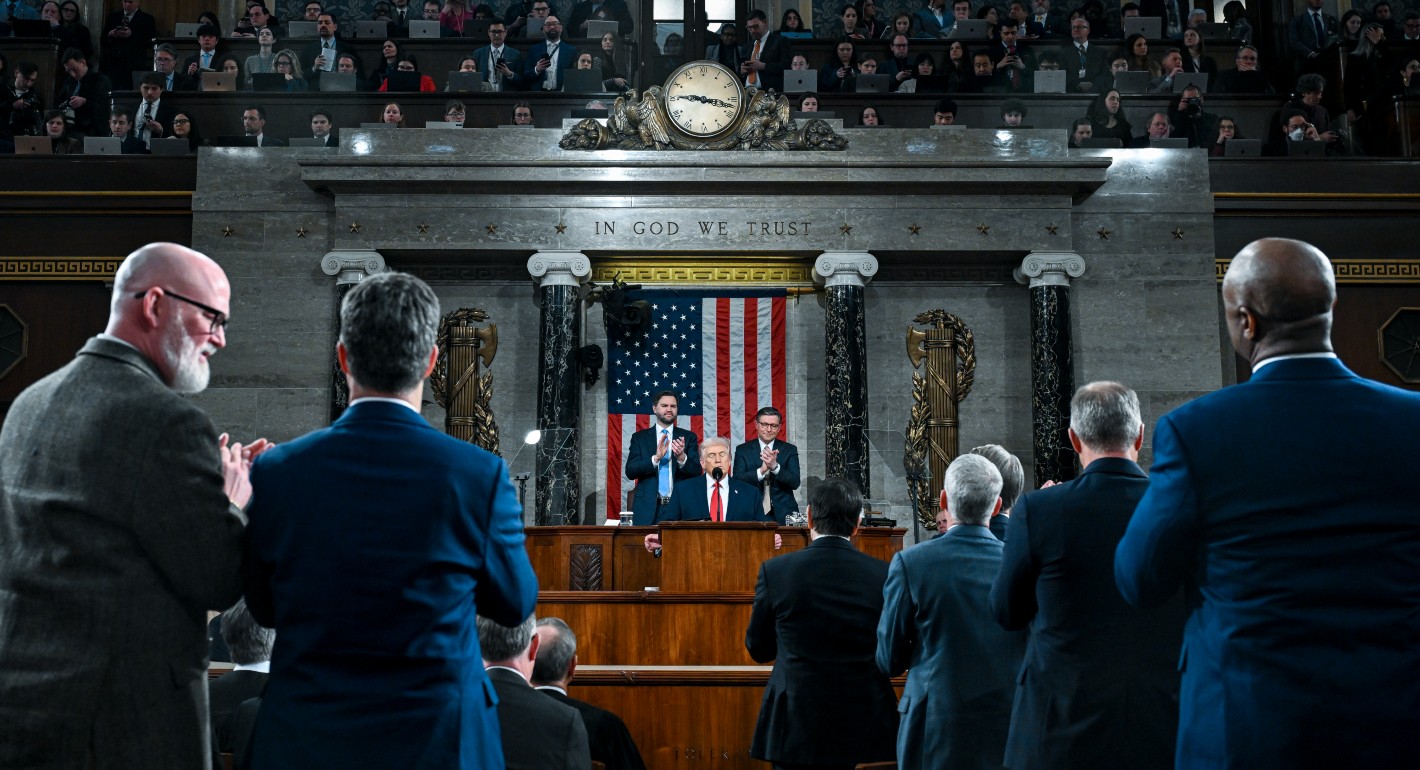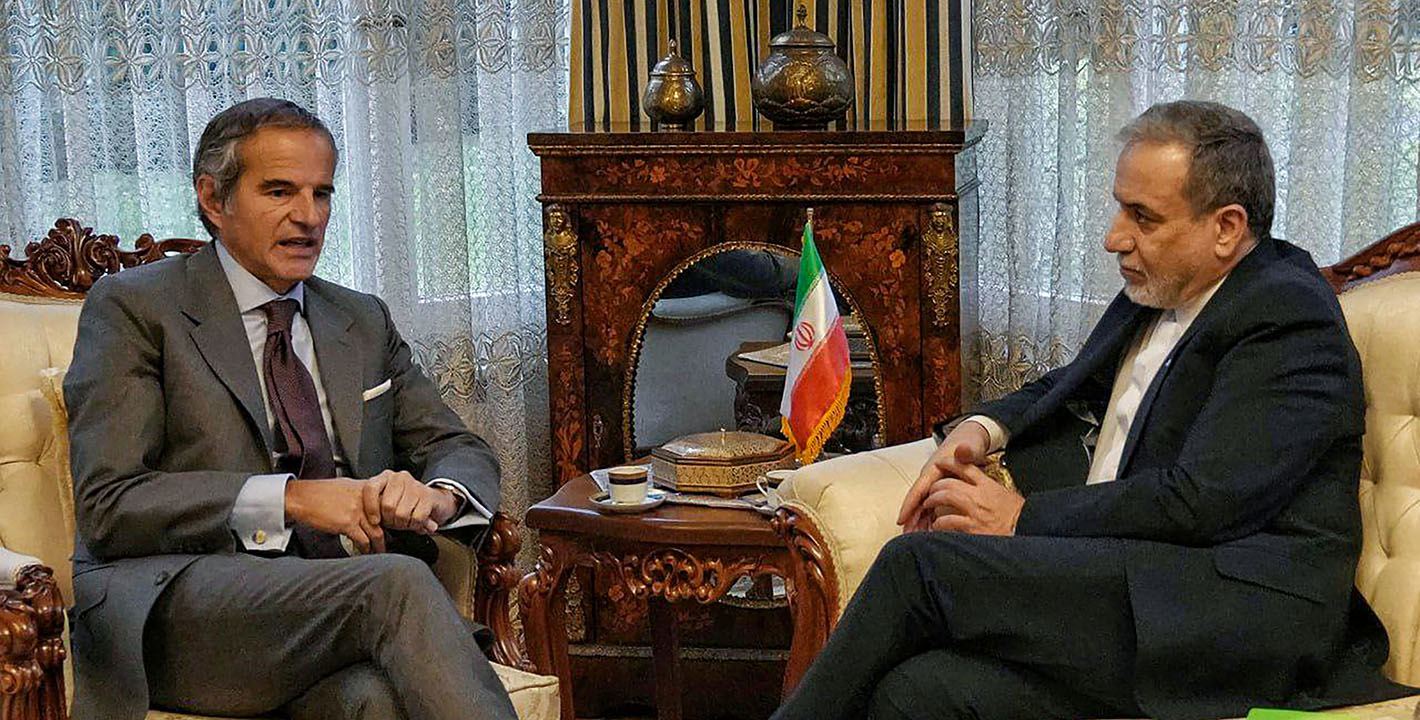Anirudh Suri

REQUIRED IMAGE
North Korea's Test and Congressional Delay: Implications for India-US Nuclear Deal
The India-U.S. civilian nuclear deal, under which theU.S.would provide civilian nuclear technology toIndia, overturning decades ofU.S.policy and marking a turning point in the evolution of the U.S.-India relationship, has faltered close to fruition. Even as a new counter-offensive has been launched to push through the deal during the lame duck session of the Senate in November, proponents of the deal are disappointed, and even slightly frustrated, that the Senate did not take up the bill in its recently concluded session.
Adding to their discomfort isNorth Korea’s recent nuclear test.North Korea’s test is likely to place the India-U.S. nuclear deal debate more firmly within the context of increasing proliferation in the world, instead of in the narrative about strengthening the bilateral relationship between theU.S.andIndia. The test has strengthened the voice of the critics of the India-U.S. nuclear deal. (Read More)
The India-U.S. civilian nuclear deal, under which the
Adding to their discomfort is
The Indian government has not given up hope. It seems to be developing a multi-pronged strategy to counter the growing opposition and unexpected obstacles for a deal that many consider is largely favorable to the Indians.
Firstly, even as they have criticized the DPRK for the nuclear test, Indian officials have sought to prevent
Two, they have emphasized that the North Korean nuclear test cannot and should not be compared to the Indian tests in 1998. They point out that
Critics contend that
There might be a silver lining for the Indian government in the timing of
The Indian lobby and the PR firms hired by the
Amidst the vagaries of the
The Democrats, who wanted to introduce 19 amendments to the Bill in the last session, are attempting to push for a deal that ensures
If that does not happen, then the ball would be placed in
Though backing out of the deal is an option, it is probably not
Much will now depend on how well
Anirudh Suri is a Junior Fellow with the South Asia Program at the Carnegie Endowment.
About the Author

Nonresident Scholar, Technology and Society Program
Anirudh Suri is a nonresident scholar with Carnegie India. His interests lie at the intersection of technology and geopolitics, climate, and strategic affairs.
- The Missing Pieces in India’s AI Puzzle: Talent, Data, and R&DPaper
- A Comprehensive Framework for India’s Climate Finance StrategyArticle
Anirudh Suri
Recent Work
Carnegie does not take institutional positions on public policy issues; the views represented herein are those of the author(s) and do not necessarily reflect the views of Carnegie, its staff, or its trustees.
More Work from Carnegie Endowment for International Peace
- Is a Conflict-Ending Solution Even Possible in Ukraine?Commentary
On the fourth anniversary of Russia’s full-scale invasion, Carnegie experts discuss the war’s impacts and what might come next.
- +1
Eric Ciaramella, Aaron David Miller, Alexandra Prokopenko, …
- Indian Americans Still Lean Left. Just Not as Reliably.Commentary
New data from the 2026 Indian American Attitudes Survey show that Democratic support has not fully rebounded from 2020.
- +1
Sumitra Badrinathan, Devesh Kapur, Andy Robaina, …
- Promoting Responsible Nuclear Energy Conduct: An Agenda for International CooperationArticle
These principles aim to codify core responsible practices and establish a common universal platform of high-level guidelines necessary to build trust that a nuclear energy resurgence can deliver its intended benefits.
Ariel (Eli) Levite, Toby Dalton
- Trump’s State of the Union Was as Light on Foreign Policy as He Is on StrategyCommentary
The speech addressed Iran but said little about Ukraine, China, Gaza, or other global sources of tension.
Aaron David Miller
- U.S. Aims in Iran Extend Beyond Nuclear IssuesCommentary
Because of this, the costs and risks of an attack merit far more public scrutiny than they are receiving.
Nicole Grajewski












